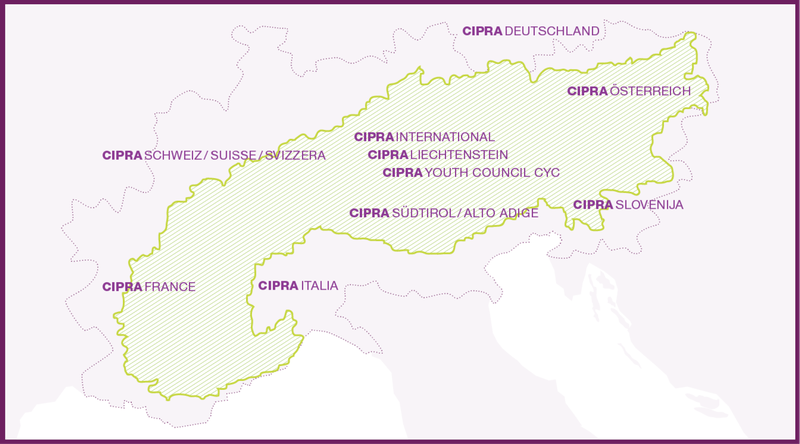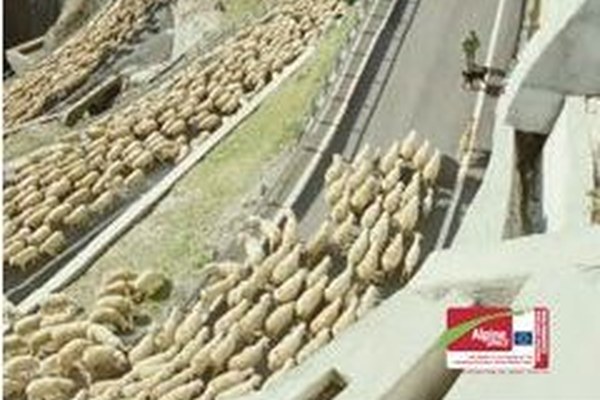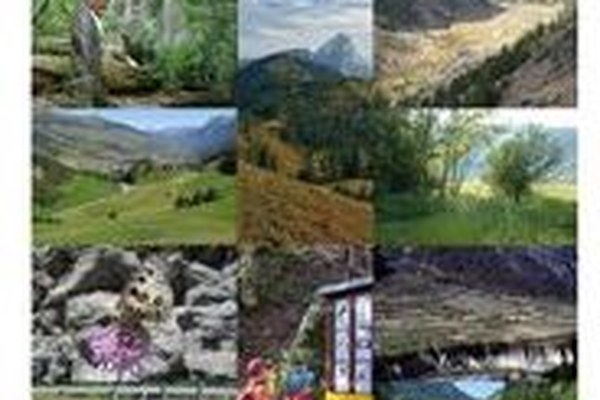Laura Haberfellner, CIPRA International Lab
Innovation to counter emigration
Emigration and the brain drain in the Alpine region: a new EU project involving CIPRA aims to counteract this trend. It is testing innovative governance models to strengthen mountain regions and create a win-win situation for regions of origin, destinations and young emigrants.
Who is CIPRA?
Find out more!
More articles
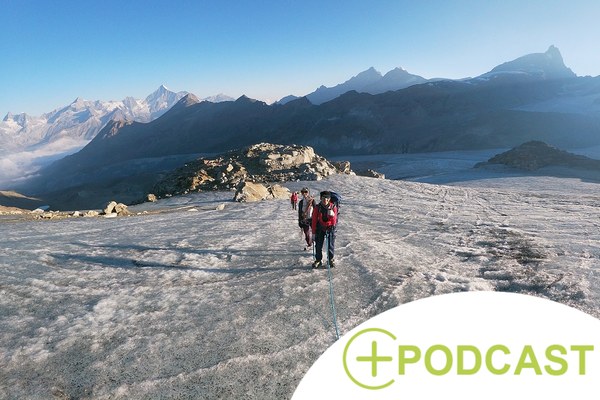
Andreas Radin, CIPRA International
Expedition for future female glacier researchers
Stay overnight on the glacier for over a week, climb peaks, carry out scientific experiments: the “Girls* on Ice” project offers girls an awe-inspiring summer experience.
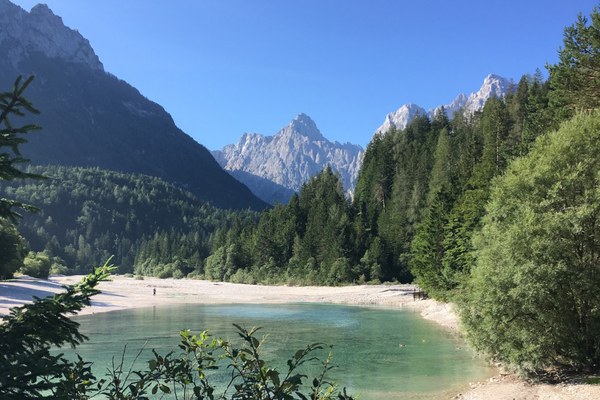
Michael Gams, CIPRA International
Alpine Policy 2023: the Slovenian-Swiss year
This year, Slovenia and Switzerland will play a decisive role in shaping international cooperation between states and regions in the Alps: Slovenia is taking over the presidency of the Alpine Convention, while Switzerland is the first non-EU country to chair the Eusalp, the EU Strategy for the Alpine Region.
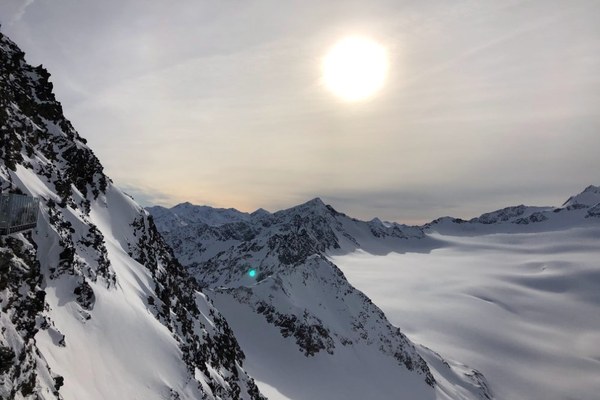
Michael Gams, CIPRA International
No glacier marriage in Tyrol
Finally it’s official: the plans for the world’s largest glacier ski area are history. In November 2022, the Tyrolean federal state government rejected the planned merger of the glacier ski areas in Austria’s Ötztal and Pitztal valleys.
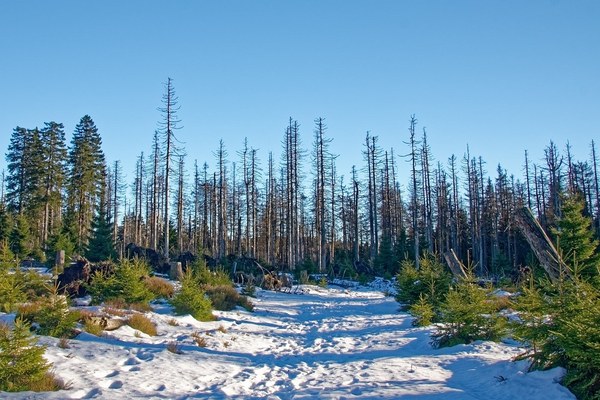
Andreas Radin, CIPRA International
Mountain forests and climate change
The consequences of climate change are also becoming apparent in the forests of the Alps. In South Tyrol/I and East Tyrol/A this year has seen an explosive spread of pests. What looks like frightening devastation might present a long-term opportunity, however.
Events
|
FutureForum Alps 2025 | SAL - Saal am Lindaplatz, Landstrasse 19, 9494 Schaan, Liechtenstein |
Projects
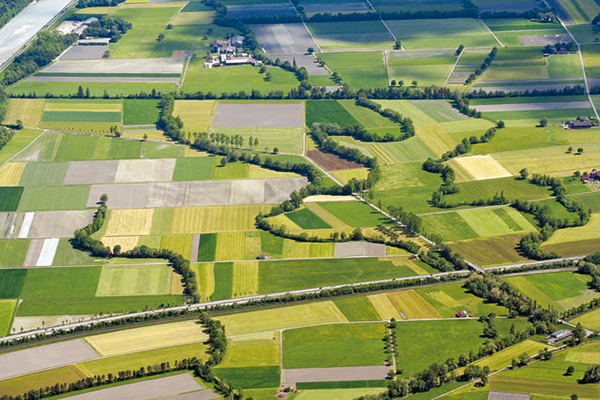
CIPRA International
Ecological Continuum Initiative
[Project completed] Nature does not stop at the boundaries of protected areas or national borders. And, more and more often, man’s interventions in nature and the landscape are dissecting habitats and lastingly obstructing the exchange and migration of fauna and flora. This is putting Europe’s unique biodiversity in the Alps at risk.

